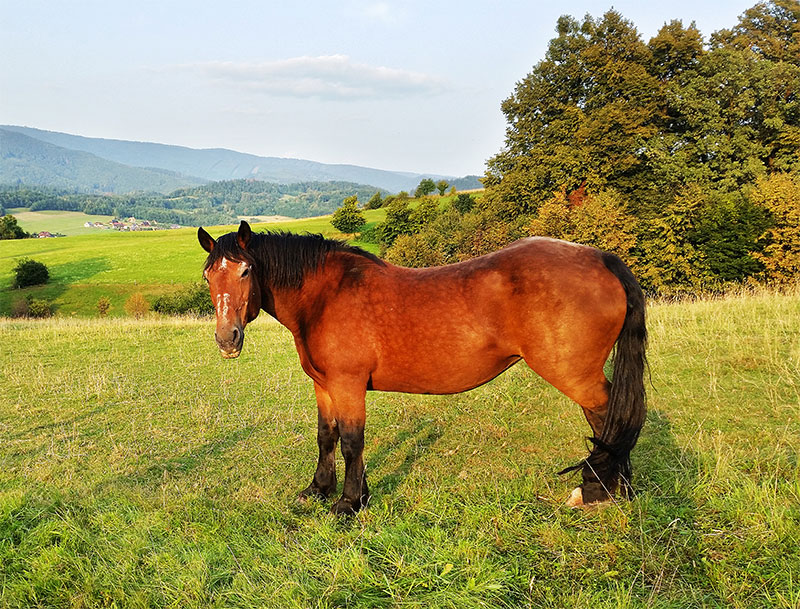By: Dr. Alexis Goodenough, DVM
Equine Infectious Anemia (EIA) is an infectious viral disease that causes a persistent infection in the equidae family. This category includes horses, donkeys, mules and zebras. It is found all over the world and can be rapidly spread.
Clinical signs of the disease are varied and can range from a fever, mild hemorrhages, inappetence and rapid death to a more chronic presentation of anemia, edema, weight loss, depression and weakness. Unfortunately the majority of the horses do not show significant clinical signs and become lifelong carriers of the disease. These carriers are the main source of infection and enable the disease to continue to spread around the world.
The disease is naturally spread by biting/blood feeding flies, such as horse or deer flies. These flies can spread the disease to other horses and even to neighboring barns over short distances. A mare can also pass it to her foal during pregnancy or via milk. The disease additionally can be spread by iatrogenic sources such as used needles. syringes, surgical equipment and other blood contaminated inanimate objects.
Unfortunately, due to the severity of the disease there are strict rules and regulations that must be followed. Horses are required to be tested yearly for this disease prior to interstate movement and testing is often performed during change of ownership, prior to a competition, auctions or other events where there are a large number of horses.

The testing for the disease is commonly referred to as a Coggins test. There are two types of Coggins test: Agar-gel immunodiffusion test (AGID) and Enzyme-linked immunosorbent assay (ELISA). These tests can only be performed at USDA approved laboratories. At Jackpot Veterinary Center this test often takes 5-7 business days to be completed unless the sample is rushed for an additional fee.
There is no treatment or vaccine for EIA at this time. If a horse is positive then the State Veterinarian becomes involved and takes over the case. Often they will require a horse to be quarantined and isolated 200 yards away from all other horses for its entire life with no movement off the property. If this is not an option then the horse will often have to be euthanized.
Please let us know if you have any questions about the disease or testing. We are happy to help!






